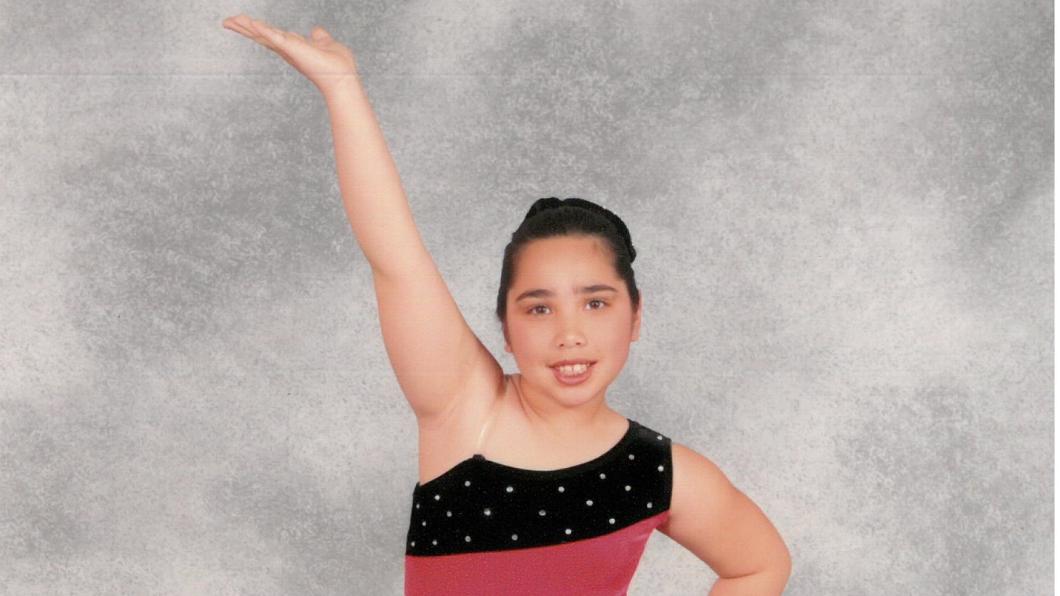
What Inclusion Means to Me: Reflections from my Childhood
I’ve always been a social person.
I love being around people and I like to be included in different things. Being a person with a disability, sometimes I need to take a moment to stop and think before I socialize. Some questions I ask myself are: what’s the activity? Who’s going to be there? Where am I going? And what are the surroundings?
Reflecting on my childhood, very few friends in my everyday life had a disability. Meaning that sometimes we had to find different and creative ways to make sure I was included in whatever we were doing.
Inclusion in school
I moved from the Bloorview School when I was about eight years old.* Initially I was nervous because I was leaving a place that I knew and I was comfortable in and would be going to a place that was new to me. Would they be understanding? Would they be helpful? What kinds of scenarios would I encounter?
For the most part, my entire school career I was surrounded by staff that was extremely supportive. I really felt that for the most part, I could approach a staff about adapting an activity and they would ask me questions and we would figure it how to make it accessible.
Mostly the staff who come to mind are the educational assistants I had in elementary school. They were there to assist when and where I needed both educationally and physically, as well as being an ear just to listen to what I wanted to do. They always did their best to work with me and my teachers to figure out ways for me to take part in activities, whether that be adapting or modifying an activity or just sitting with me while I learned something new.
*The Bloorview School Authority is a Section 68 School for children up to grade one, located on site at Holland Bloorview.
Inclusion in Friendships
I’ve always had a smaller group of friends. Still, like every other kid growing up, I enjoyed going to the mall, seeing movies, and going to my friends’ houses.
There was always a part of me that disliked having to bother my friends to ask them to wait, or walk slower, or pull the car around so that I wouldn’t have to walk as far when it was time to leave. I vividly remember times that I was with my friends and I would walk slower and fall behind, or other times when we would be at the movies and I would go down the stairs slower than everyone else.
I didn’t like to think that people were going out of their way to help me. Asking for accommodations or telling people about my disability is not always easy. As I’ve gotten older I’ve gotten used to it and have become more comfortable asking people to meet me where I’m at.
Asking for help is not always something that I wanted to do growing up. I did not want to be seen as different, make people feel like it would be extra work, or need extra attention. With that said, it's something that I knew that I couldn't ignore if I wanted to participate fully and safely. I think it has gotten easier because I feel like I know my body and my abilities better than I did when I was younger. I may not always know the changes or modifications that need to be made, but I can almost always express what is I feel is possible and what is not possible.
Inclusion in extracurricular activities
As a kid, I tried choir, knitting, dance, and swimming. Some of these were more physical than others, some required more thinking, they were all very different. When things needed to be adapted, the people leading the activities, along with me and my parents, would think of ways for me to participate in a meaningful way because I wanted to try everything.
My time in dance is a great example of how instructors were able to adapt to what I could do. At dance, especially when I first started I would do the movements with the instructor and together we would find a way to adapt the movements if I needed to.
Not every extracurricular was a success. Knitting I quickly realized wasn’t for me but that didn’t mean I didn’t try!
Looking back on my experiences now, I think the most important part of being included in activities was that it was my choice. There were very few times that I was told “no.” I worked with people to help me participate and it was an open discussion about what I wanted to do, could do, and what support I needed to make it happen safely.
Ultimately, if I take a look at the big picture, and think about all it involved, talking to the kid with the disability and their parents is the best way to make sure they are included and having fun!